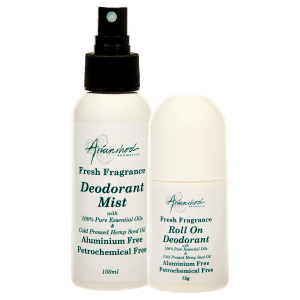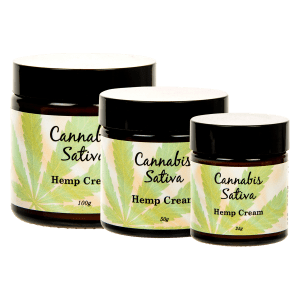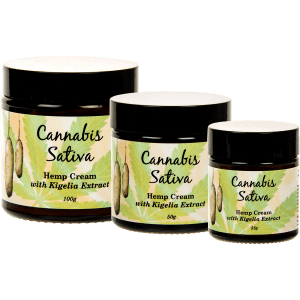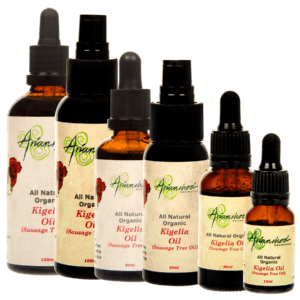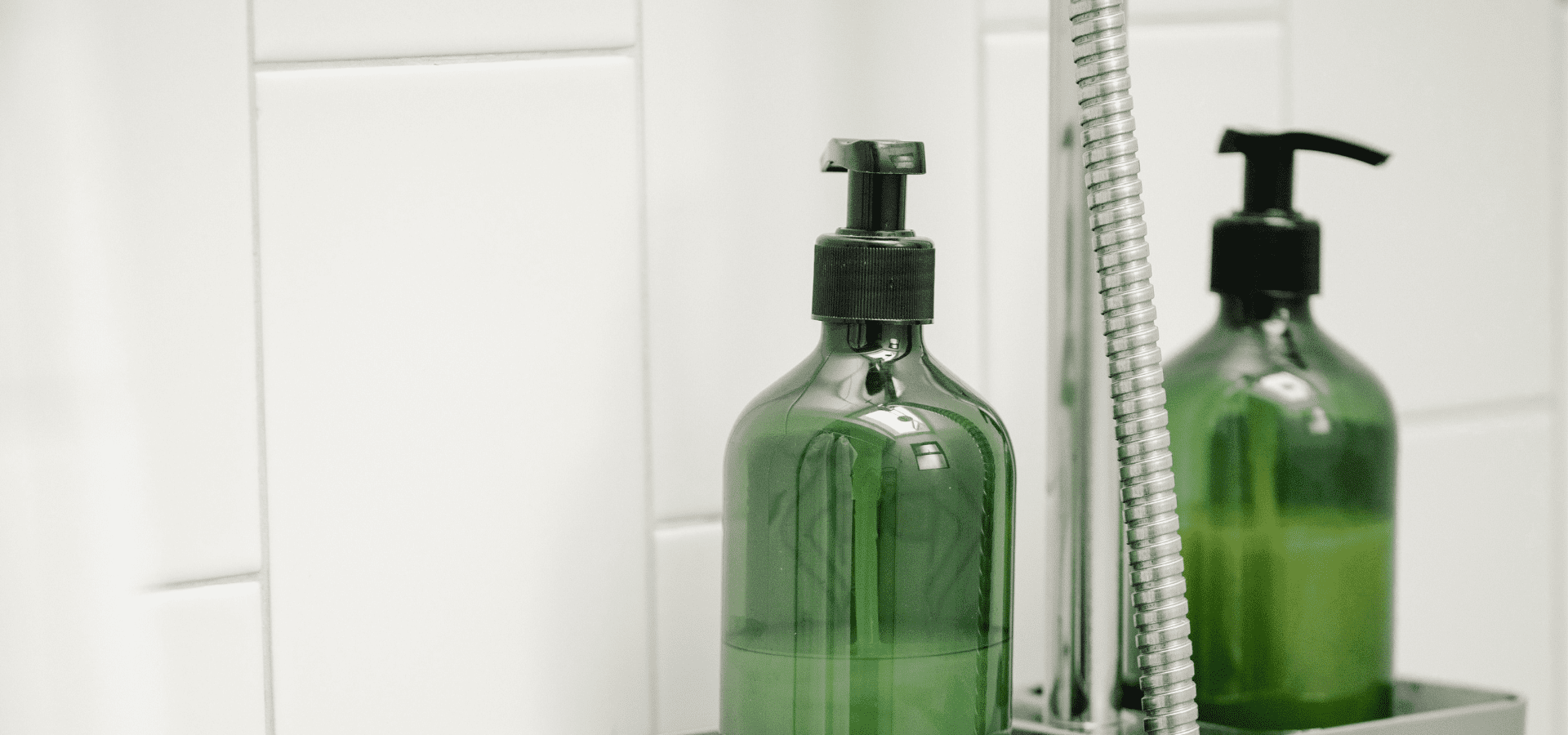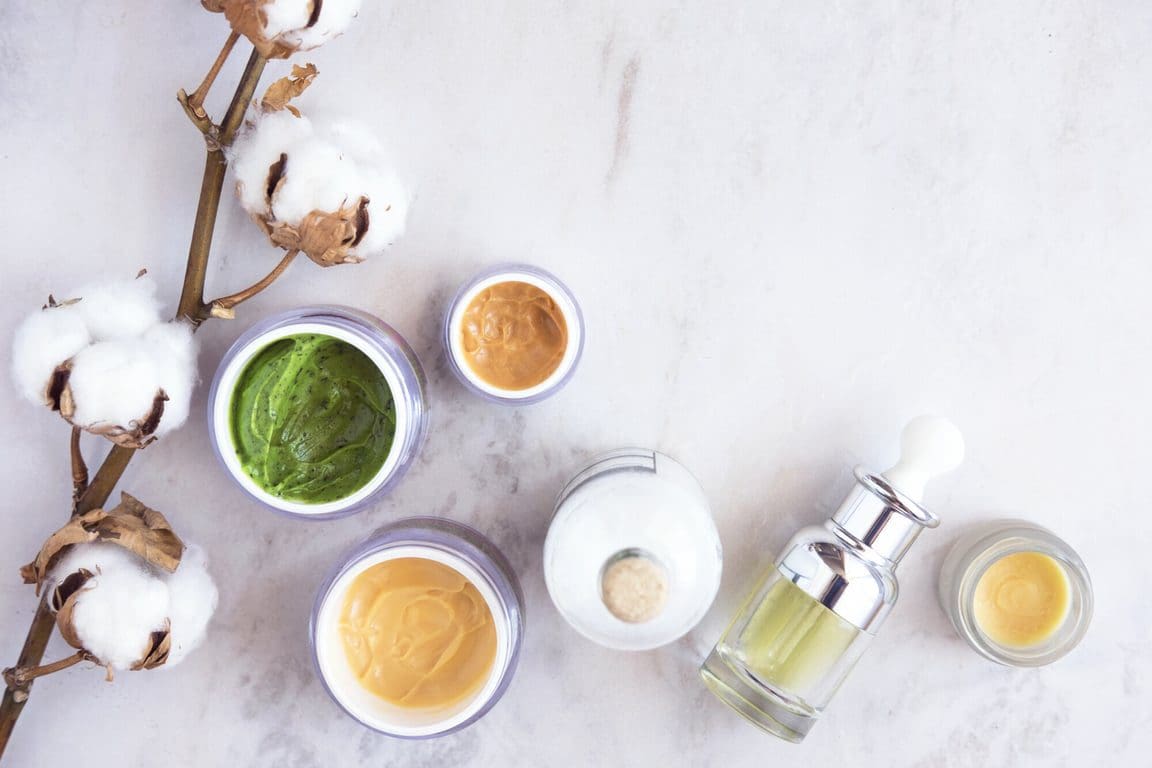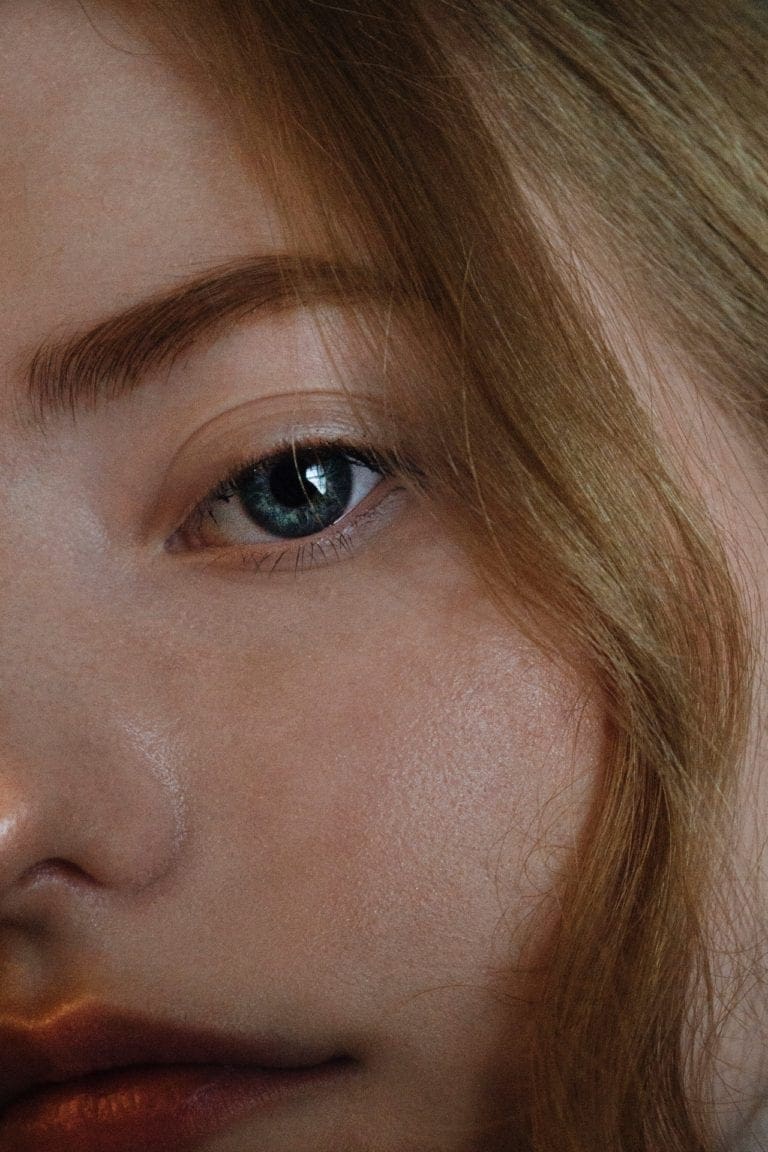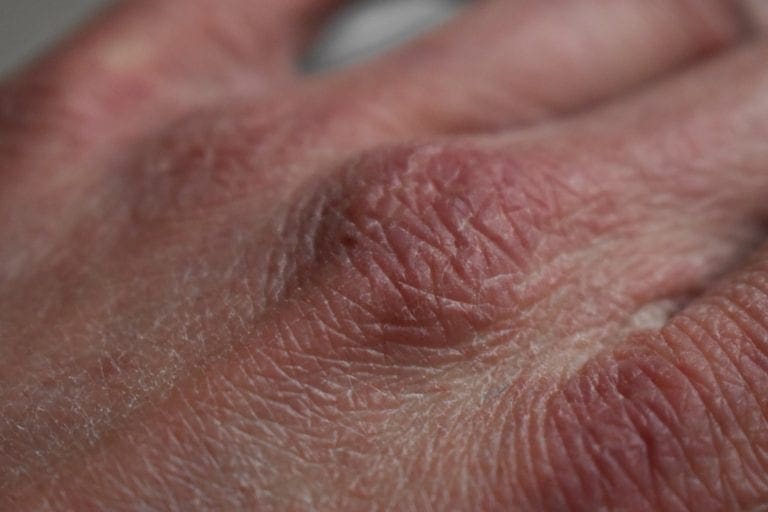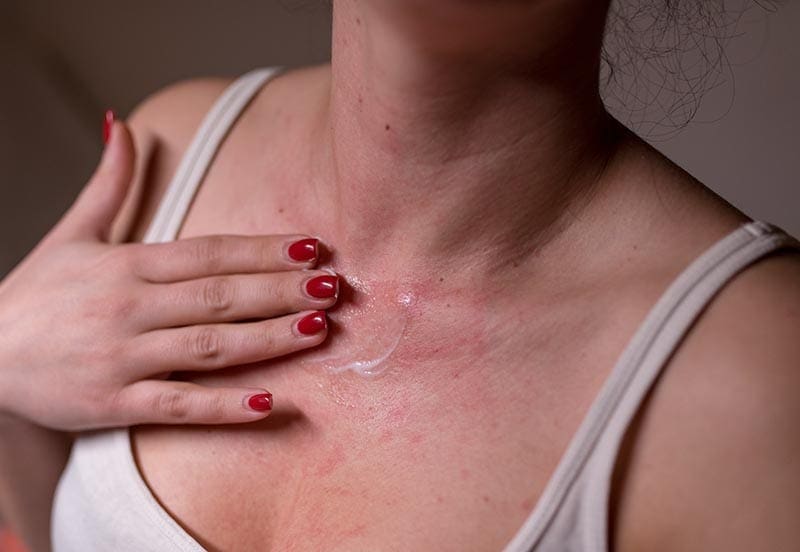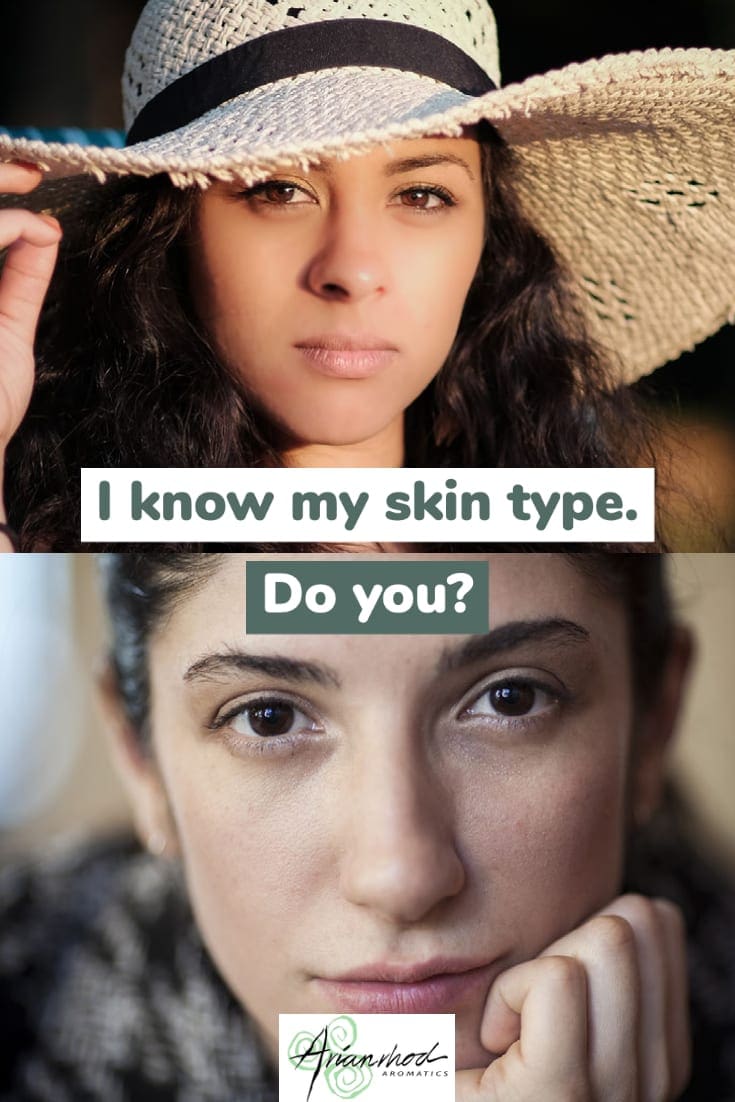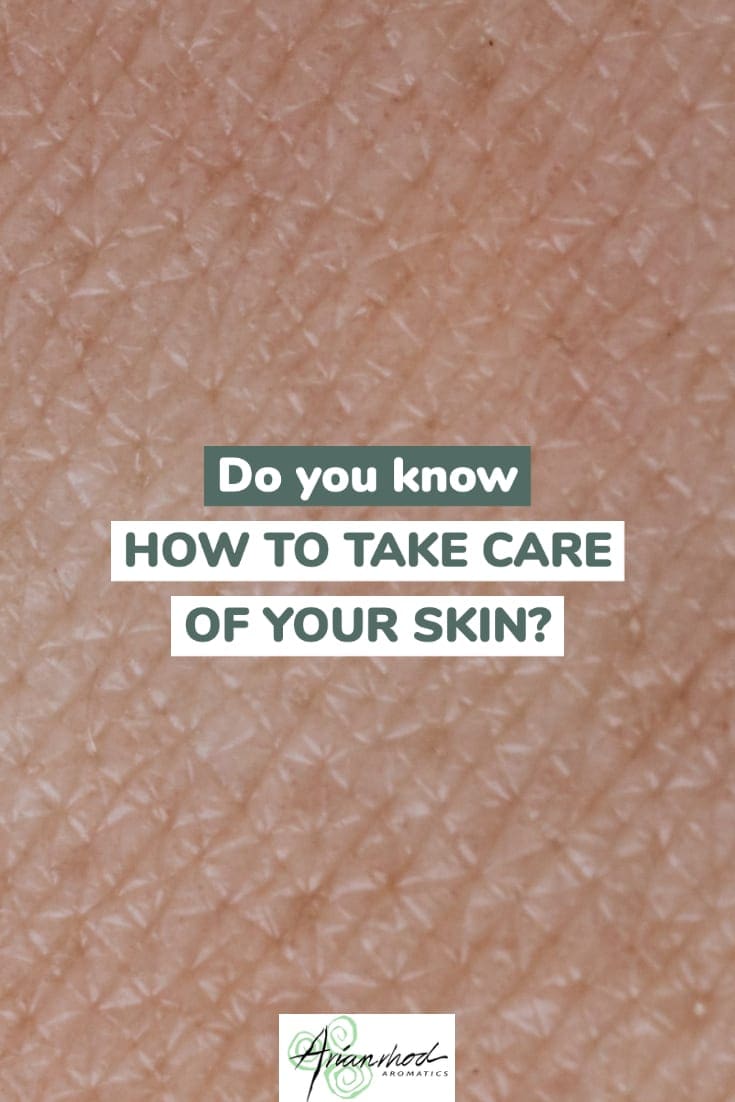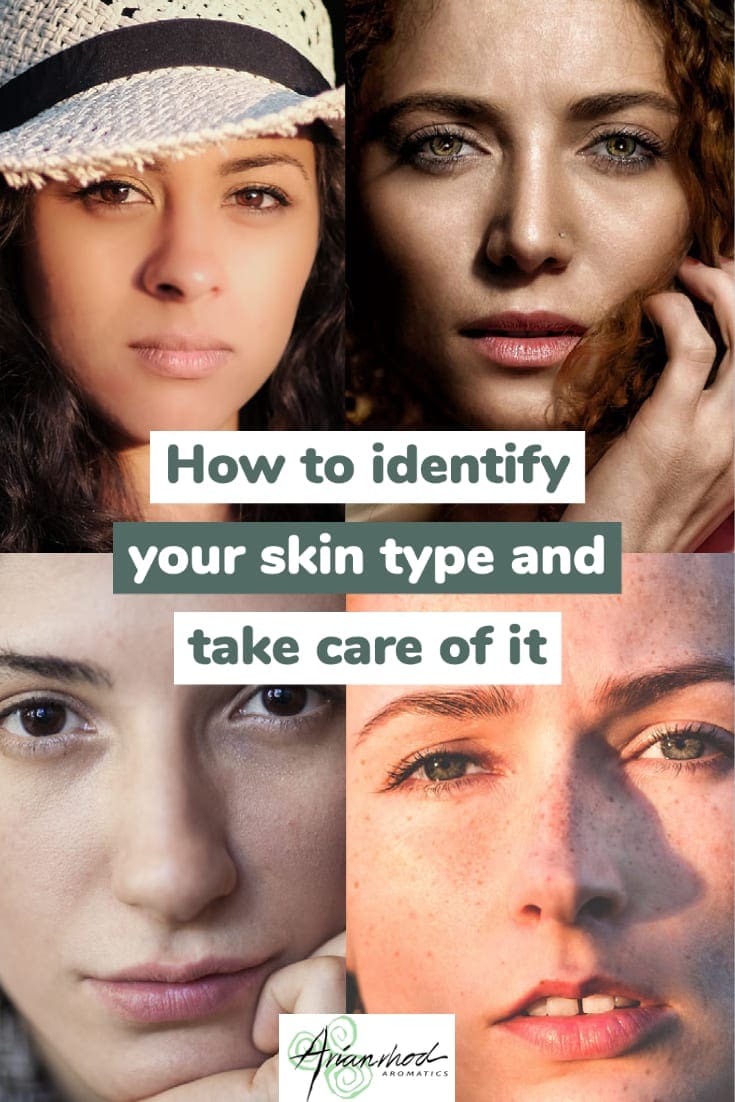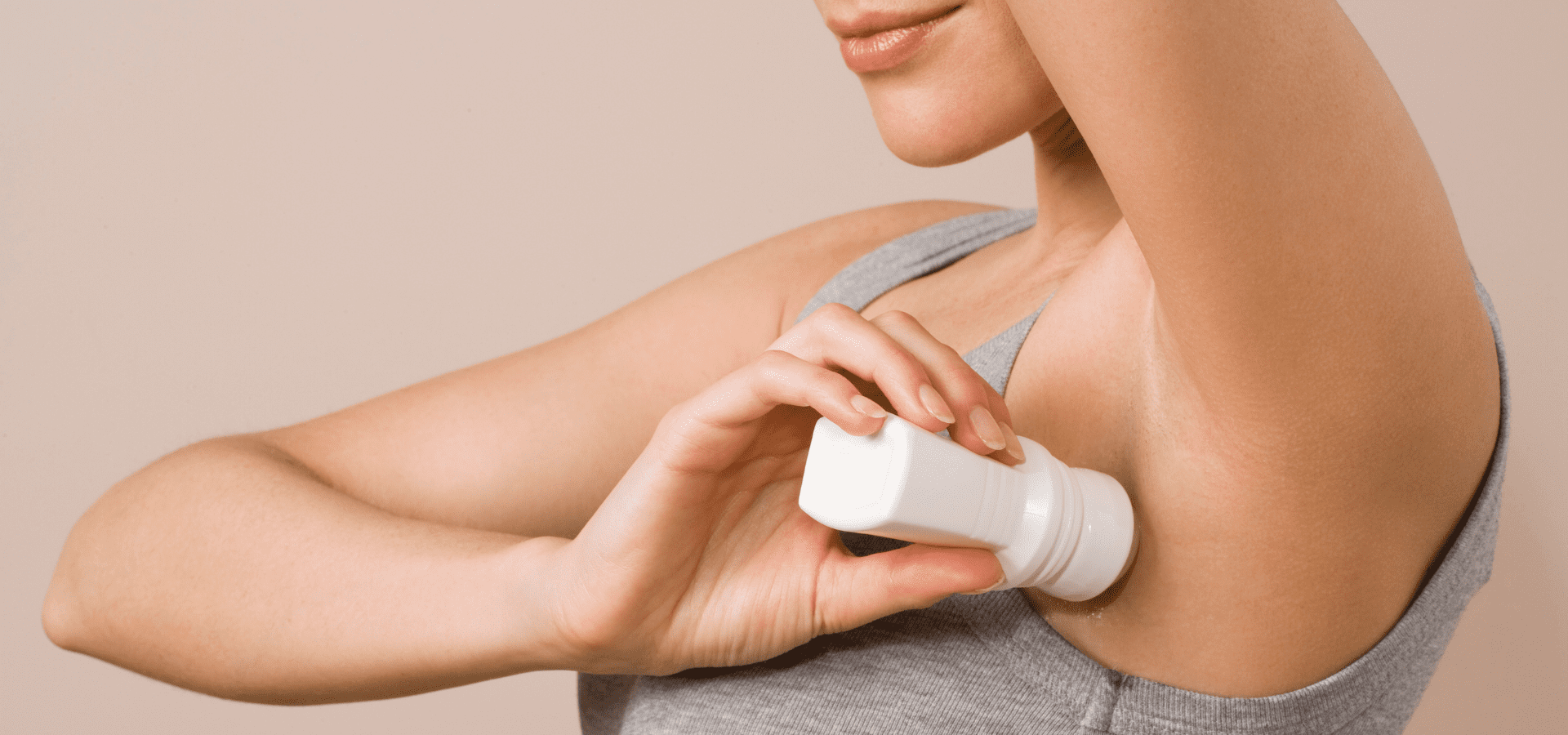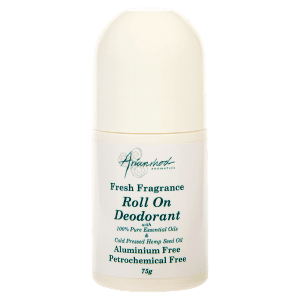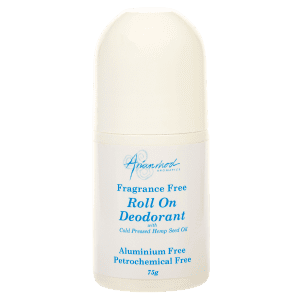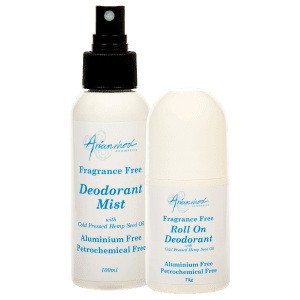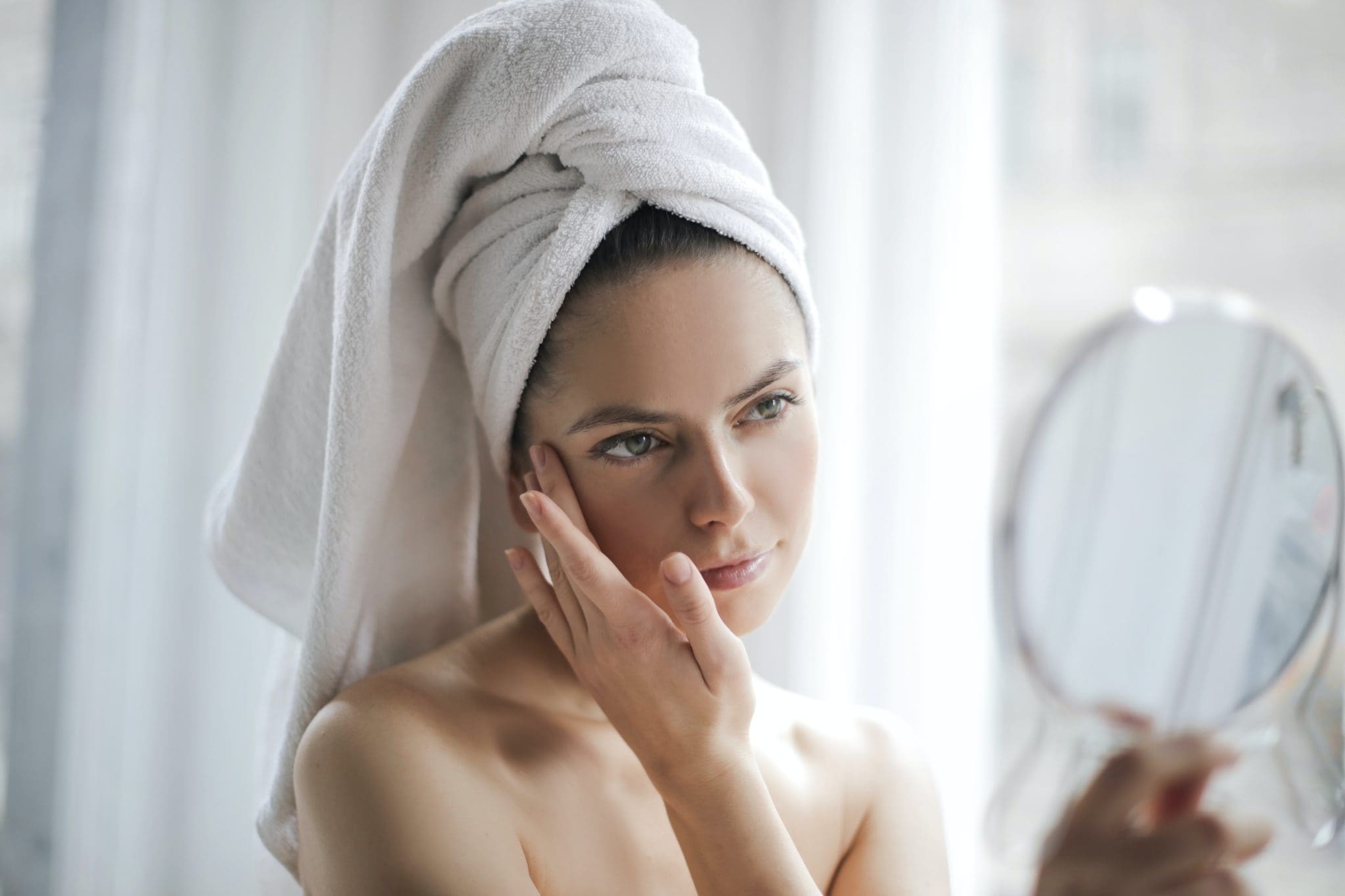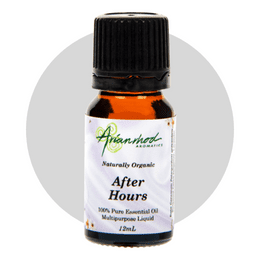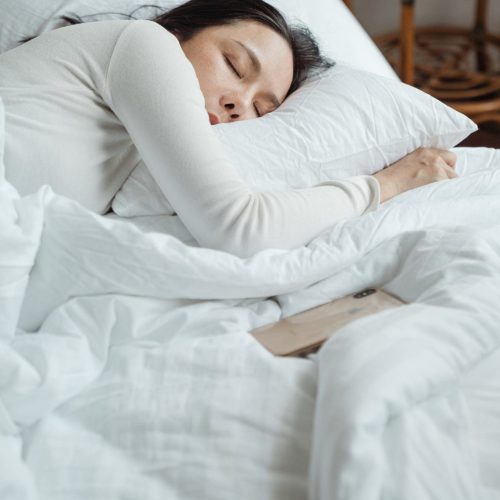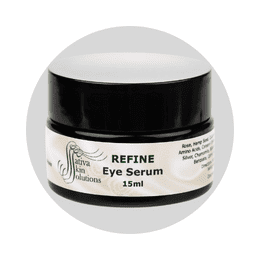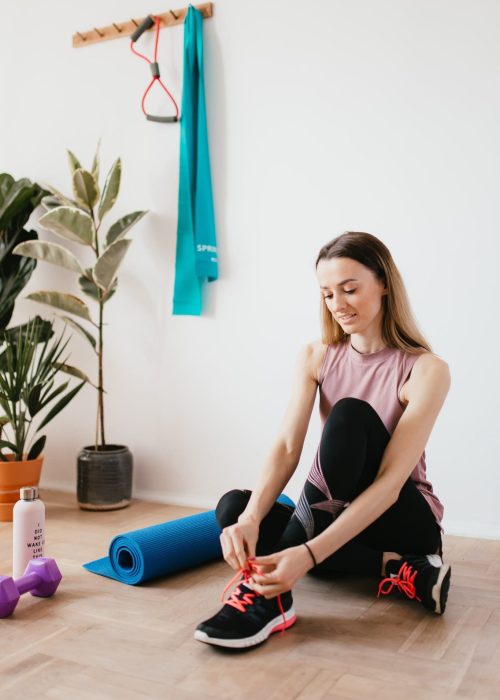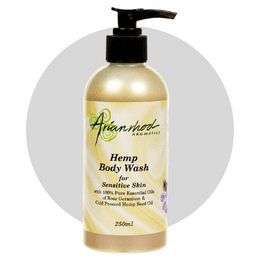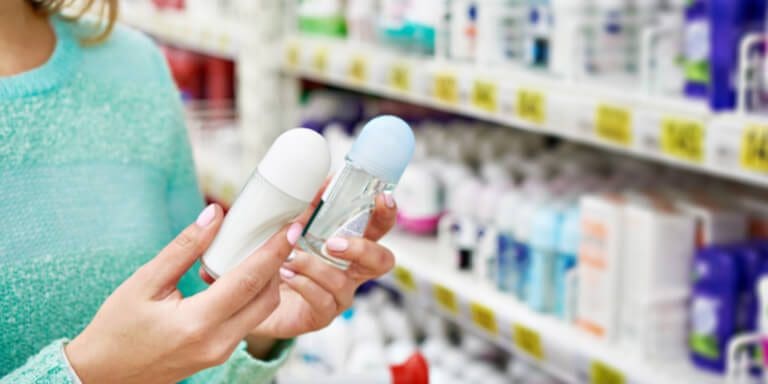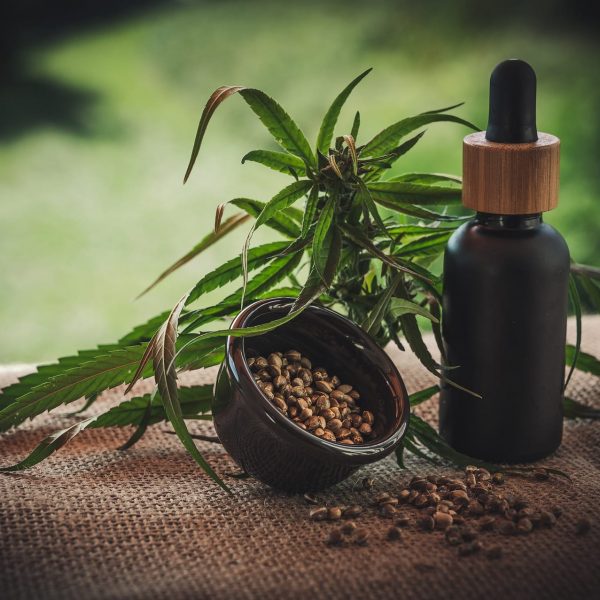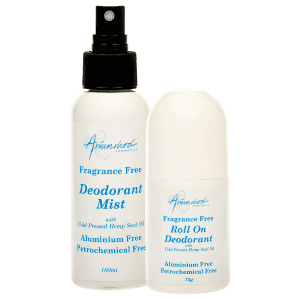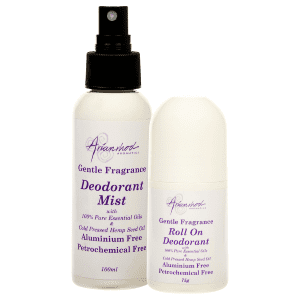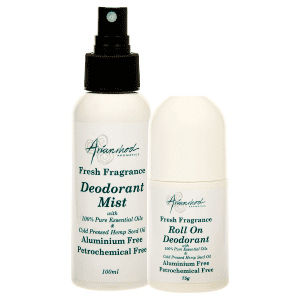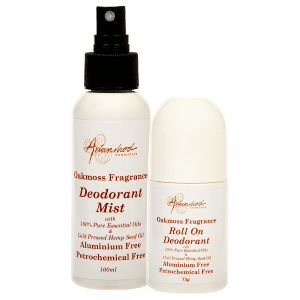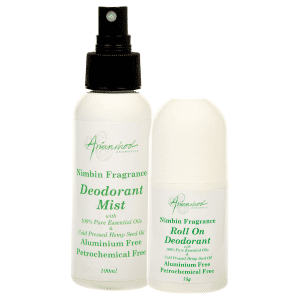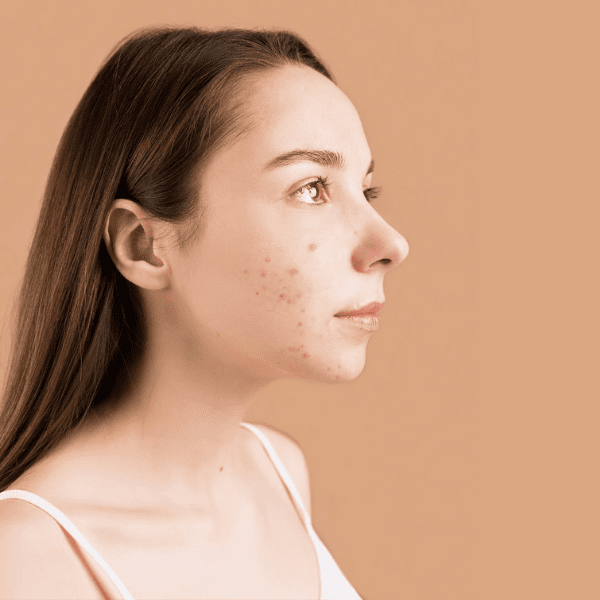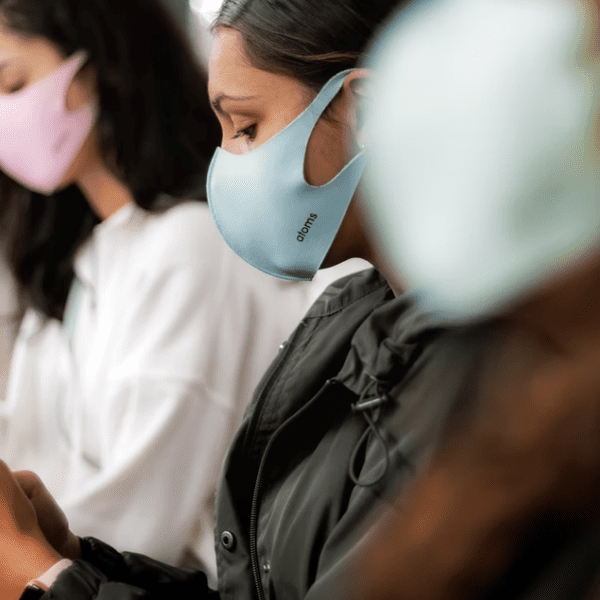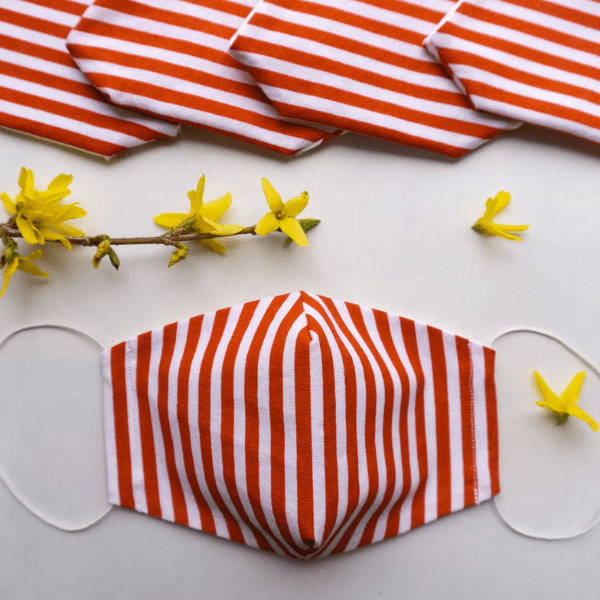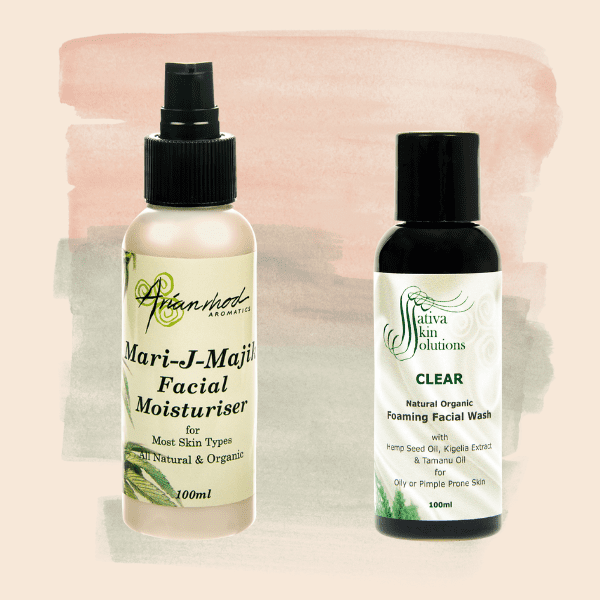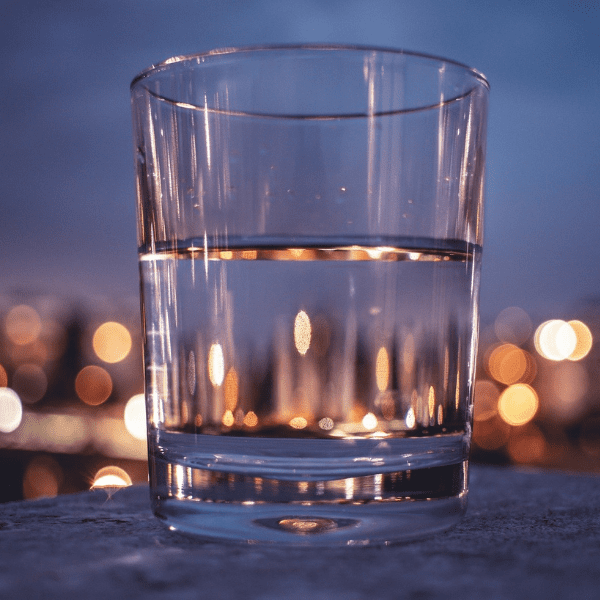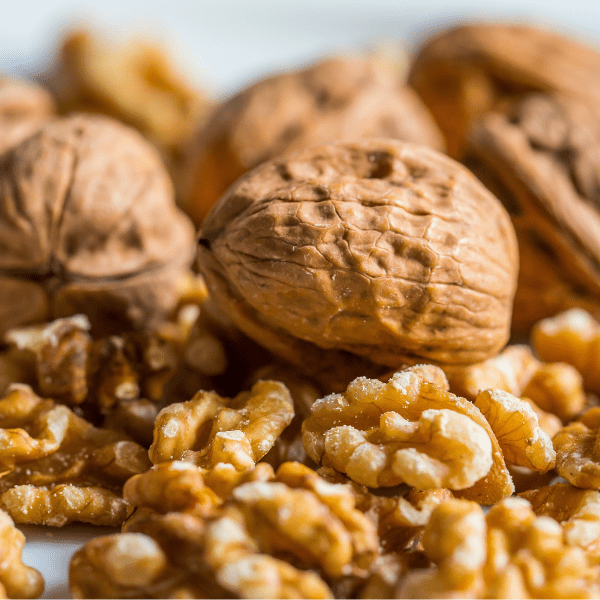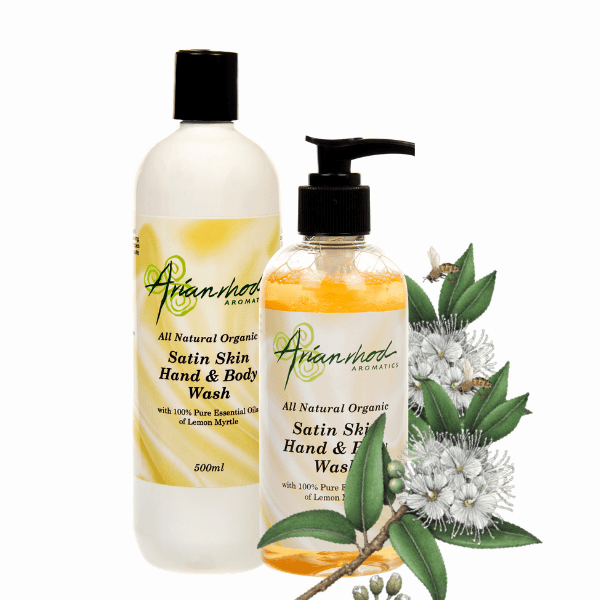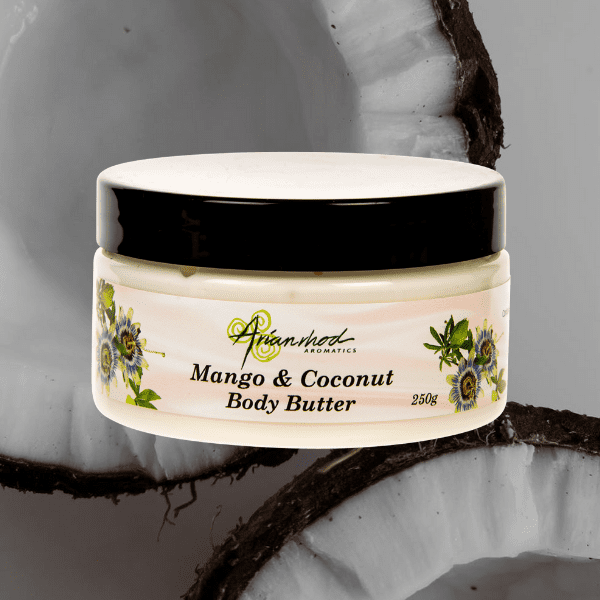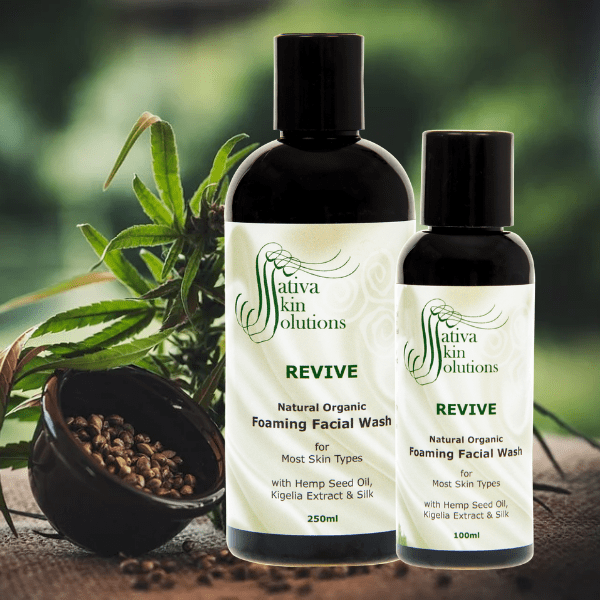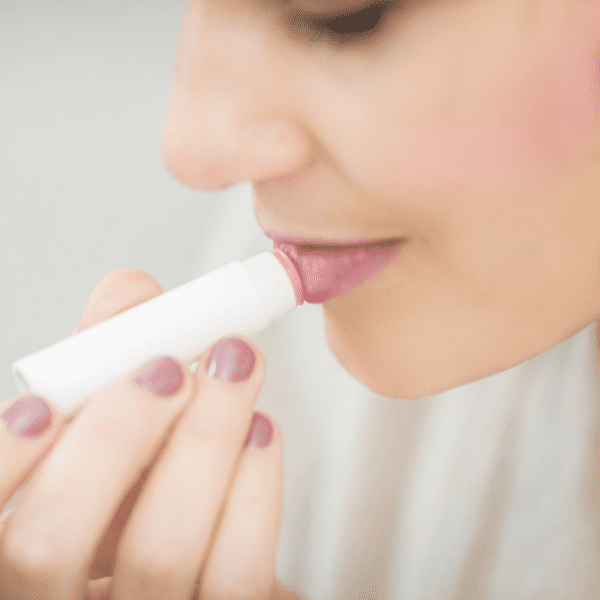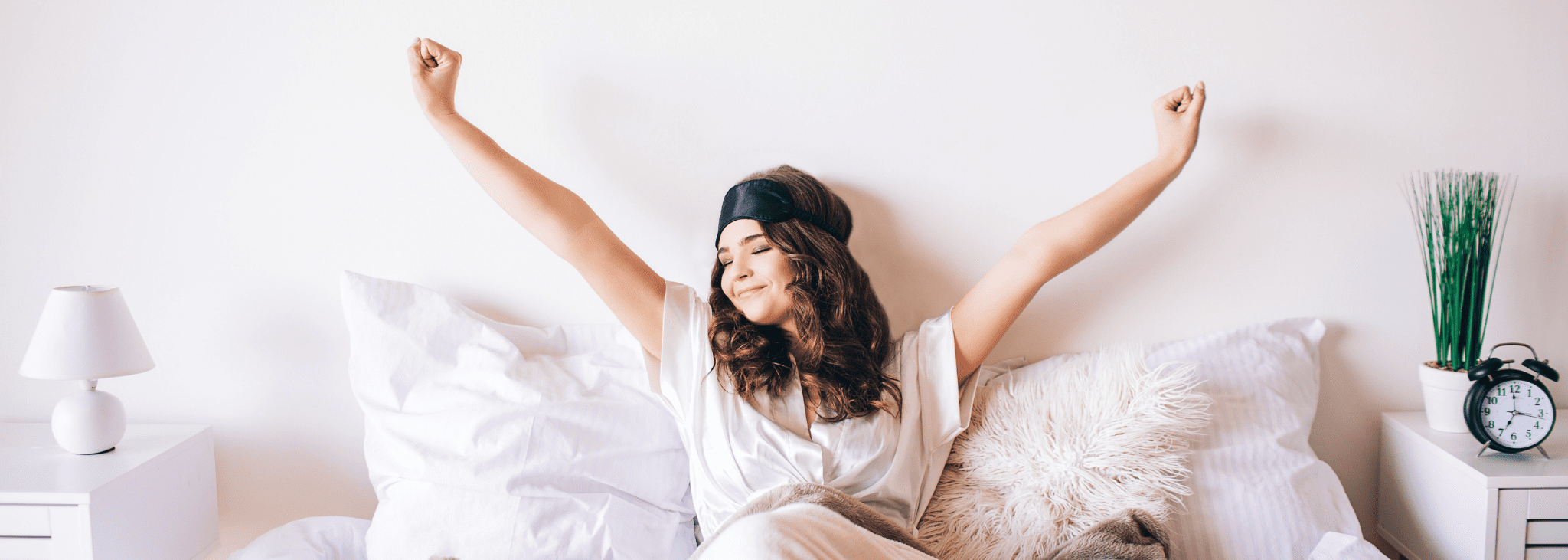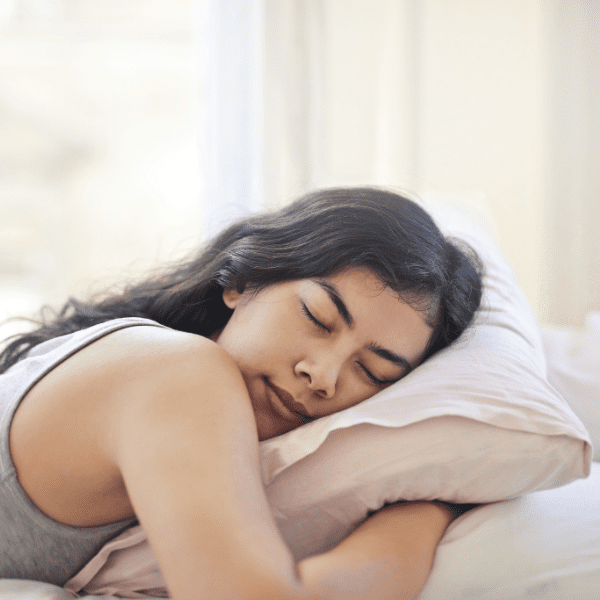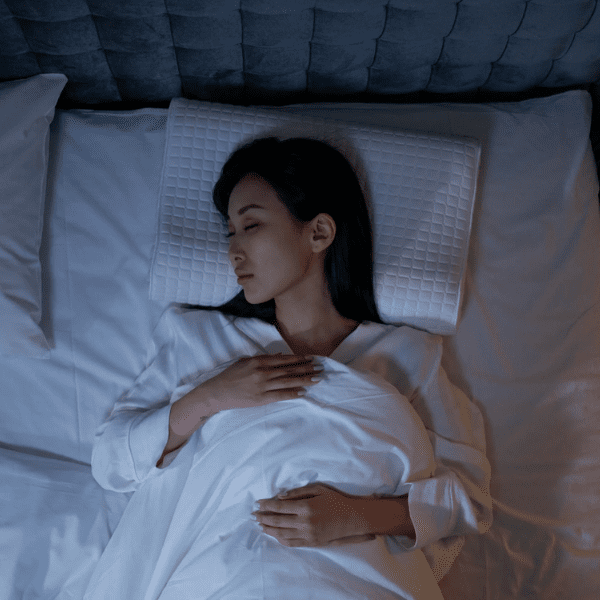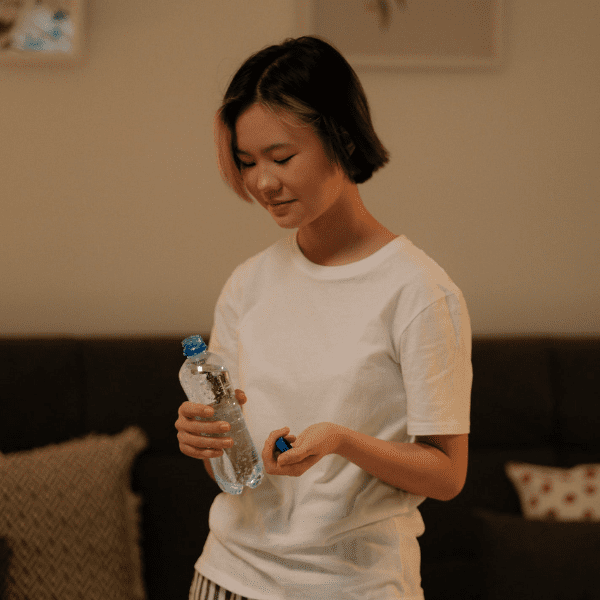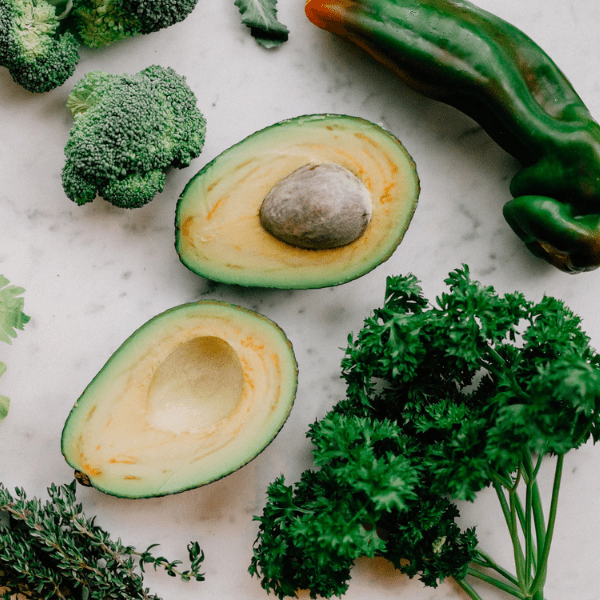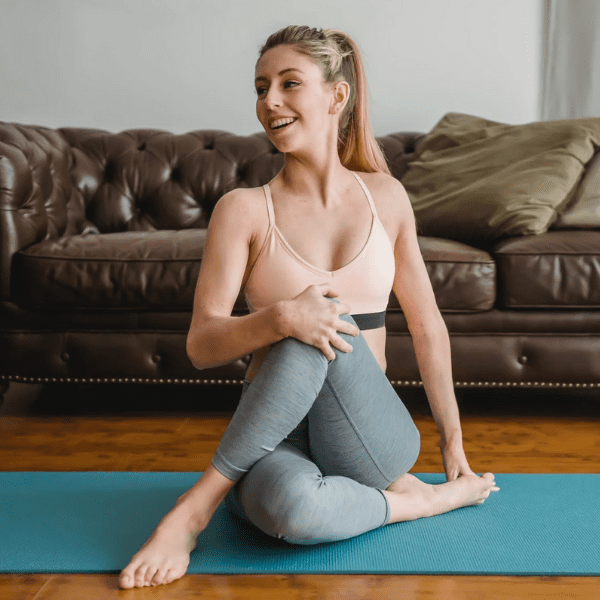Shopping for Healthy Shampoo? Here’s What You Should Avoid
Ever wondered what’s hiding in your shampoo bottle? The ingredients lurking within our shampoo bottles can significantly impact the health of our hair and overall well-being. From sulphates that cause dryness and irritation to parabens linked to hormone disruption, here are some of the ingredients you should avoid in shampoos, and why people opt to go for healthy shampoos instead.
Shampoo Ingredients to Avoid for All Hair Types
Whether you have fine hair, curly hair, dry hair, or oily hair, be aware of potentially harmful shampoo ingredients in regular and healthy shampoos and make informed choices when it comes to personal care and hair wash products.
Here are some common shampoo ingredients to watch out for:
Sulfates (Sodium Lauryl Sulfate, Sodium Laureth Sulfate)
Sulfates are harsh detergents that can strip the hair of its natural oils, leading to dryness and irritation. They may also cause scalp sensitivity and are known to contribute to colour fading in dyed hair.
Parabens (Methylparaben, Ethylparaben)
Parabens are preservatives used to extend the shelf life of products. They have been linked to hormone disruption and are known to mimic estrogen, which may contribute to breast cancer development. Some people may also experience skin irritation or allergic reactions.
Synthetic Fragrances
Synthetic fragrances often contain a mix of chemicals, some of which may be irritating or allergenic. They can cause headaches, dizziness, and skin irritation. Additionally, manufacturers are not required to disclose the specific ingredients in their fragrance blends, making it challenging to identify potential allergens or harmful substances.
Phthalates
Phthalates are often found in fragrances and have been associated with reproductive and developmental issues. They can disrupt the endocrine system and may contribute to hormone imbalances.
Formaldehyde
Formaldehyde-releasing preservatives, such as DMDM hydantoin and quaternium-15, can release small amounts of formaldehyde over time. Formaldehyde is a known carcinogen and may cause skin irritation, respiratory issues, and allergic reactions.
Natural Shampoo Ingredients
Choosing shampoos with natural ingredients can be a healthier alternative. Organic shampoo brands, which emphasise natural and organic components, often use ingredients like:
- Plant extracts: Aloe vera, chamomile, and green tea can nourish and soothe the scalp.
- Essential oils and plant oils: Lavender, rosemary, and tea tree oil can provide natural fragrance and have beneficial properties for hair and scalp health.
- Gentle cleansers: Coconut-derived surfactants can clean the hair without stripping away its natural oils.
Shop for Healthy Shampoo Today
Steering clear of harmful shampoo ingredients, such as sulphates, parabens, synthetic fragrances, phthalates, and formaldehyde, safeguards not only the health of your hair but also your overall well-being.
We at Arianrhod Aromatics exemplify this shift, utilising organic ingredients such as plant extracts and essential oils in our natural shampoos and hair products to create a nourishing, wholesome, and healthy hair care experience for every hair type.
Shop for a healthy shampoo today and embark on a journey towards vibrant and naturally beautiful hair!

